
McDonald’s, a household name in fast food, is facing an unexpected challenge. Over decades, the brand has been everywhere: on many street corners, highways, and in movies.
But now something is shifting. People aren’t just changing how they eat; they are actively taking a stand. Across the U.S., a movement is growing, one that could seriously affect McDonald’s sales.
While the company has faced controversies before, this one is organized, widespread, and gaining momentum.
It’s not clear yet how big the impact will be, but the situation is serious, and the next few months could be telling for the brand.
Slipping Sales
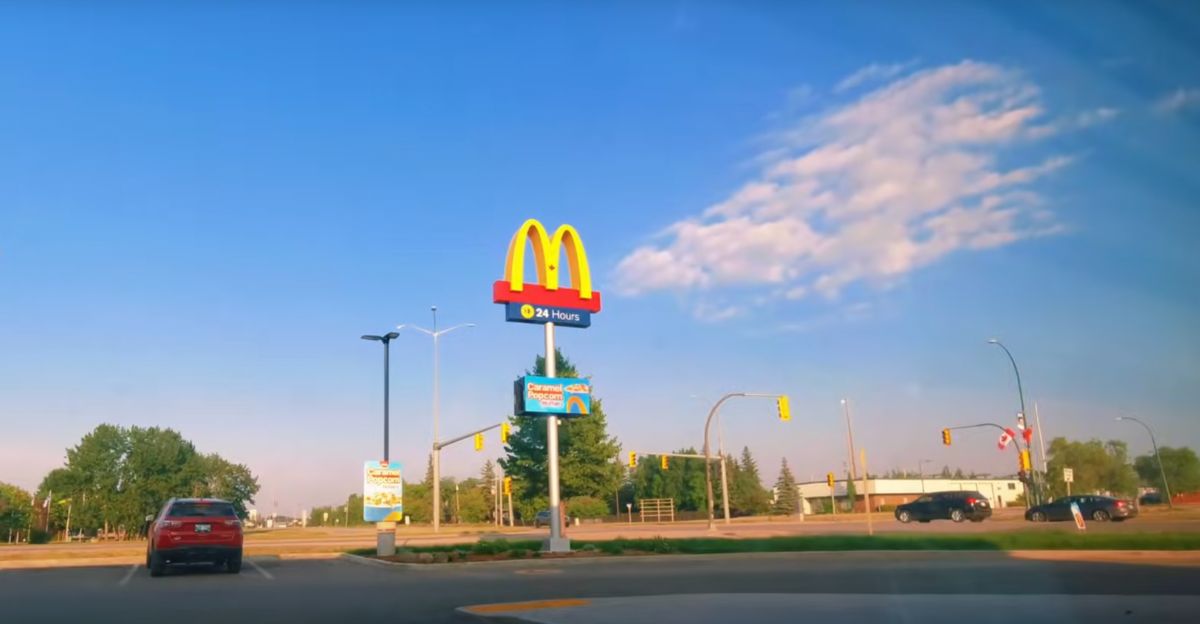
McDonald’s U.S. sales have dropped in the past year. In the first quarter, comparable sales fell 3.6% compared to last year, and operating income fell 3%.
While price increases and changing consumer habits play a role, the bigger issue is growing public dissatisfaction. People are more selective about where and what they spend their money on.
Customers Feeling the Pressure

Even with new menu items and promotions, McDonald’s hasn’t fully recovered from the decline. CEO Chris Kempczinski pointed out that inflation and economic uncertainty are affecting customers.
Fast food, once seen as an affordable convenience, is now facing scrutiny over both price and company practices.
A Boycott Begins

An organized boycott added to McDonald’s troubles. The People’s Union USA ran a week-long boycott in June.
Their complaints included low corporate taxes, price increases, treatment of workers, environmental practices, and slow progress on diversity and inclusion. These organized efforts have begun affecting customer visits nationwide.
Early Effects
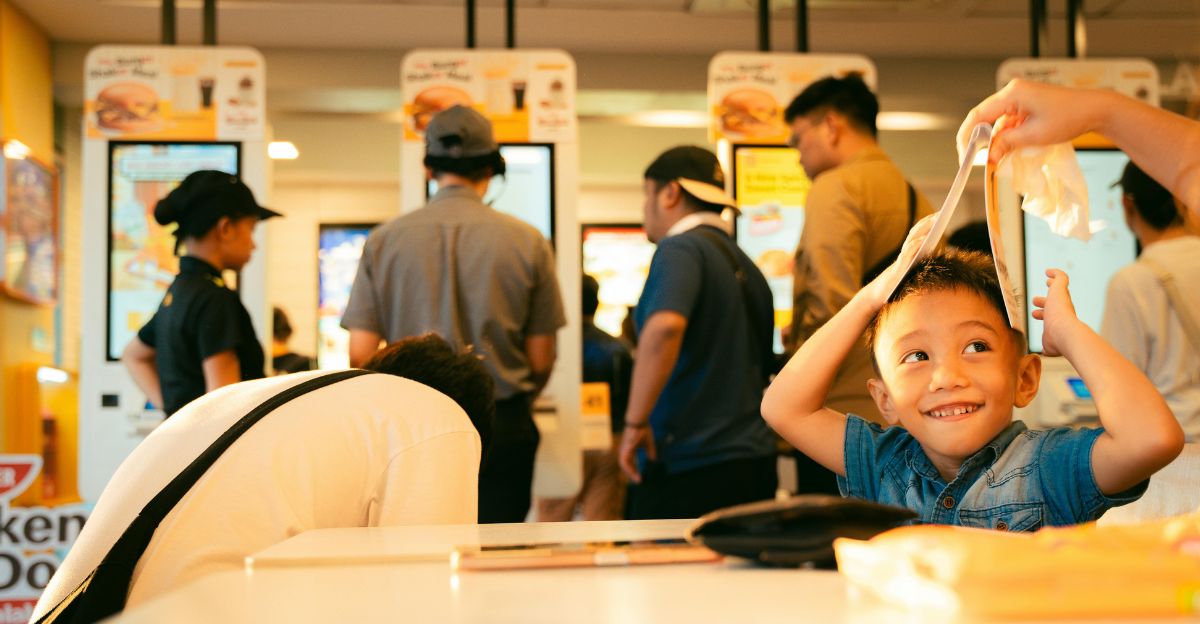
Data shows visits to McDonald’s stores fell 2% year-over-year in June. While not huge on its own, small drops at scale can significantly affect revenue.
Analysts warn that if this trend continues, it could worsen. Public sentiment, once sparked, can quickly grow beyond initial expectations.
The Next Boycott

The group is now planning a month-long boycott starting August 1. It’s bigger this time, including Walmart and Lowe’s.
The campaign encourages shopping at local businesses or independent retailers, signaling a broader focus on ethical, community-oriented purchasing.
Group’s Message

The People’s Union USA frames its efforts as holding corporations accountable. Founder John Schwarz describes the movement as a “people-powered force” challenging corporate practices and political influence. The message appeals to customers who care about social responsibility, labor rights, and the environment.
A Growing Trend
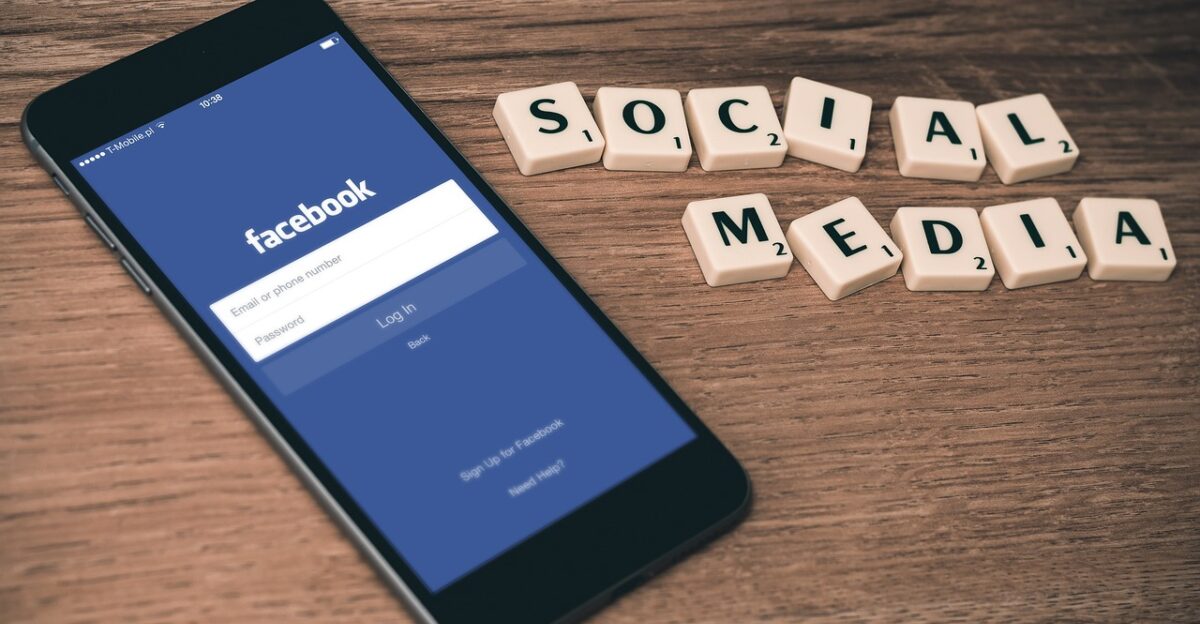
Boycotts aren’t new, but social media makes them faster and more visible. Information spreads quickly, giving movements wider reach and more influence than before. Large companies can no longer rely solely on brand loyalty to weather public protests.
Past McDonald’s Challenges
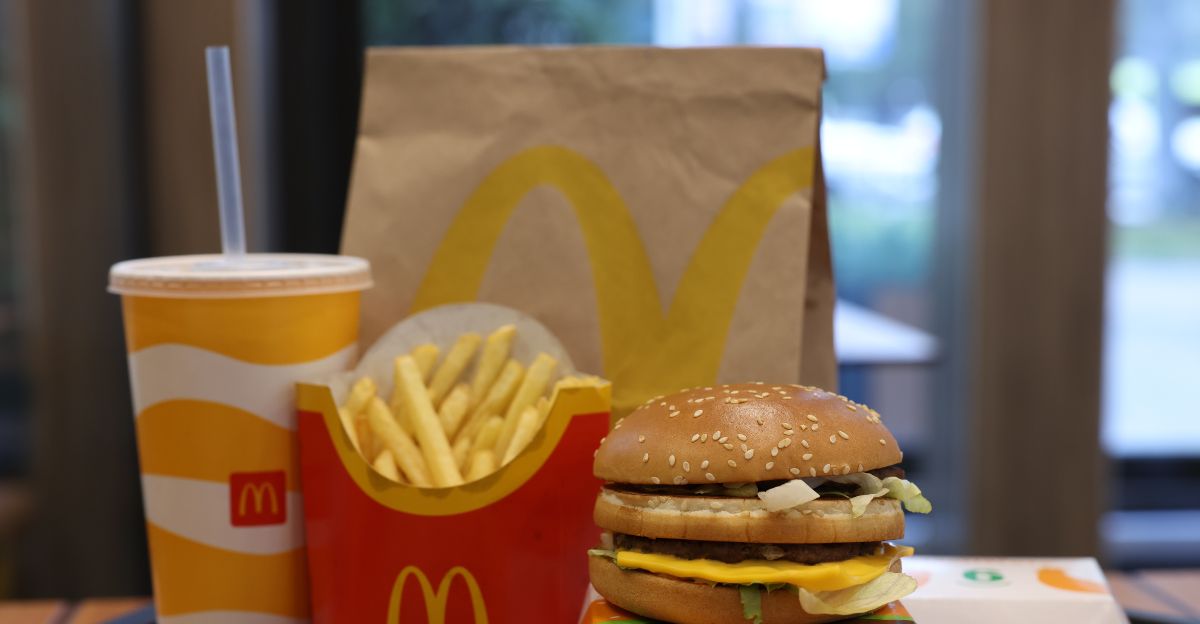
McDonald’s has faced criticism over labor, environment, and taxes before. Local protests have occurred, but national-scale campaigns with organized digital support are a newer challenge. This boycott could mark a turning point in how the public interacts with global brands.
Customers Watching Closely

Surveys show about 30% of Americans have boycotted a company for ethical or political reasons, and 45% check a company’s values before buying. Public awareness is rising, and consumers are increasingly willing to act on what they find.
Other Targeted Companies

McDonald’s isn’t alone. Amazon, Starbucks, and Home Depot also faced campaigns. The People’s Union USA targets companies over labor practices, taxes, and diversity issues. Large brands now face more accountability than in the past.
Political Connections

Boycotts highlight links between business practices and politics. Companies tied to political donations or policies are scrutinized.
This makes consumer decisions about purchases more than just convenience: they reflect personal values.
Social Media’s Role
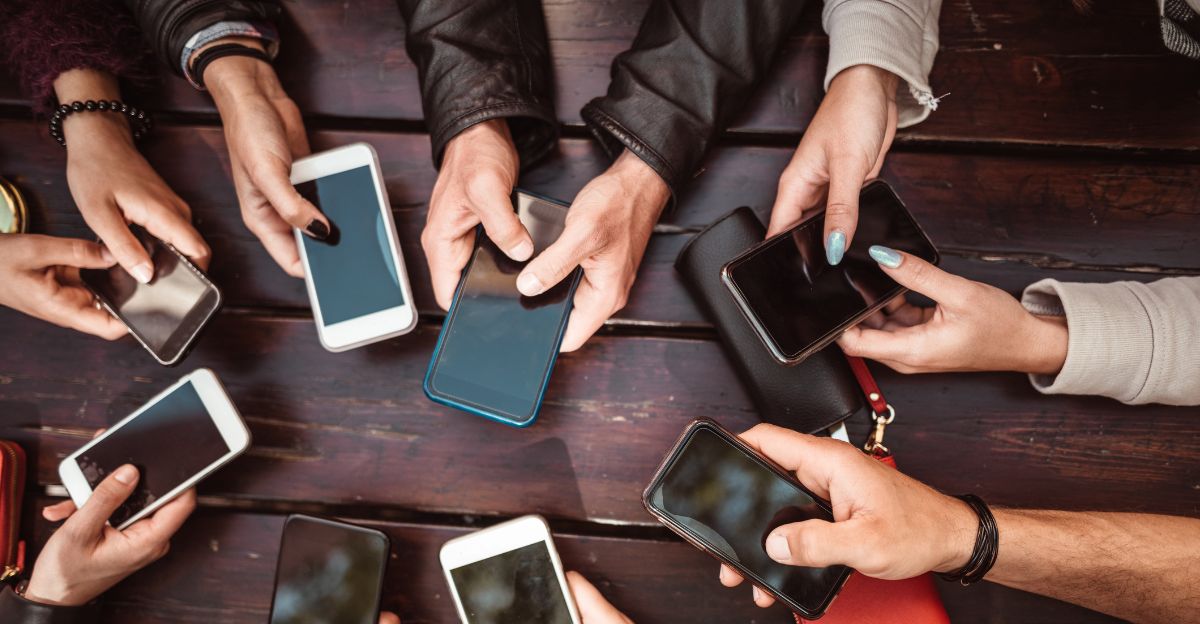
Social platforms amplify boycotts. Viral videos, hashtags, and posts spread awareness fast. McDonald’s must respond quickly because public opinion can influence decisions far faster than traditional media.
Strategy Challenges

Countering a boycott isn’t simple. Advertising alone may not work when ethics are the concern. McDonald’s must balance promotions, pricing, and PR while addressing the concerns raised by activists.
Financial Pressure

Estimates suggest the boycott could cost McDonald’s over $1 billion in lost sales, supply disruptions, and reputation damage. Investors are watching closely to see how the company handles the challenge.
Employee Impact
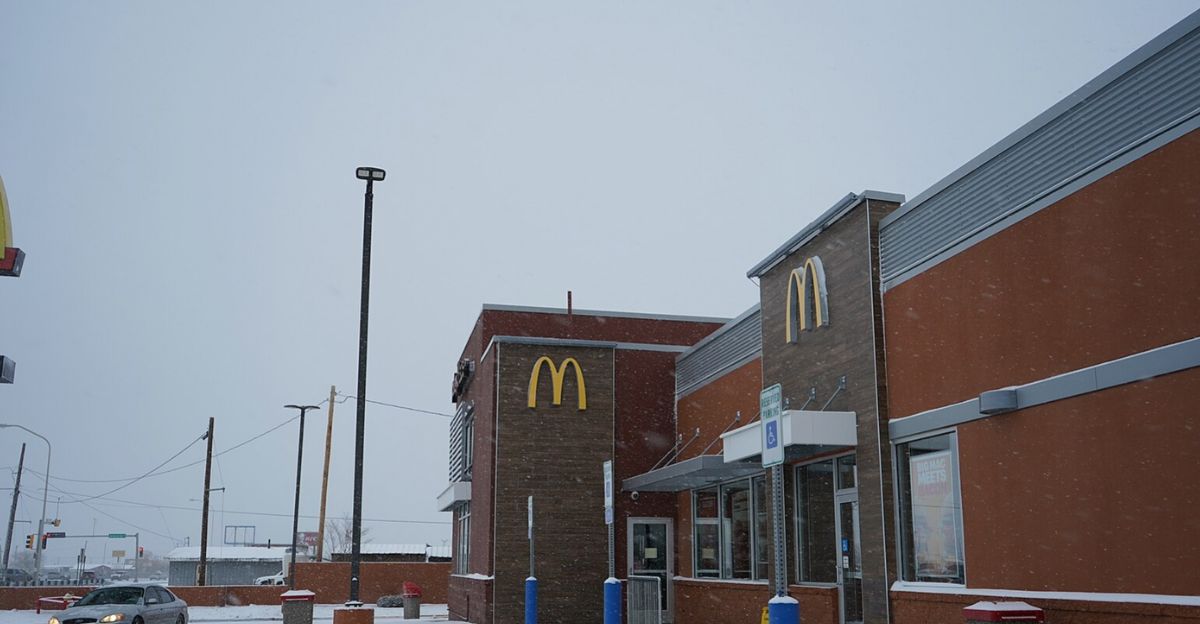
Employees may feel the effects directly. Fewer customers can affect staffing, hours, and bonuses. Labor practices are under scrutiny, adding pressure for internal changes alongside public-facing solutions.
Shifting Consumer Habits

More people now buy with ethics in mind. Choosing local or transparent brands is growing in popularity. McDonald’s faces a challenge adapting to these shifting consumer priorities.
Options for Response

McDonald’s could adjust pricing, improve labor policies, increase transparency, or engage with advocacy groups. Each choice comes with trade-offs, but ignoring the issue could deepen losses.
Long-Term Effects

The boycott could reshape McDonald’s future. Companies that don’t respond to public concerns risk long-term revenue decline. This may be a test case for how large brands manage consumer accountability.
Bigger Picture

McDonald’s reflects a broader trend: consumers have more influence than ever. Organized boycotts and value-driven shopping are shaping the corporate world. How McDonald’s responds could set a model for other global brands facing similar challenges.